Excavation
Found 97 Items

Secrets of Deserted Villages
August 31, 2022As archaeologists, we usually focus on the excavation and analysis of the physical remains of people’s lives, such as pottery, bone, and coins. But there is another source of information which can bring a new element to our investigations! In this blog we will explore some historic documents. These relate…
Read MoreLife, Death & Magic in Cambridgeshire
August 30, 2022Public Talk: Life, Death & Magic in Cambridgeshire: Stories from the Later Prehistoric and Roman Artefacts found on the A14 Cambridge to Huntingdon excavations Tuesday 13th September: 19:30 The Octagon, St Mary’s and All Saints Church, Church St, Willingham, Cambridge CB24 5HS From obscure objects to high end factory waste, fashionably…
Read MoreSt Neots Living History Festival
August 30, 2022Saturday 10 September: 1100-1600 The Square, Market Square, St. Neots, Cambridgeshire, PE19 2AR We’re taking part in St Neots Living History Festival ! Visit our stall to discover the story of the A14 excavations as part of this free family friendly event, packed full of history. No booking required. Additional information…
Read More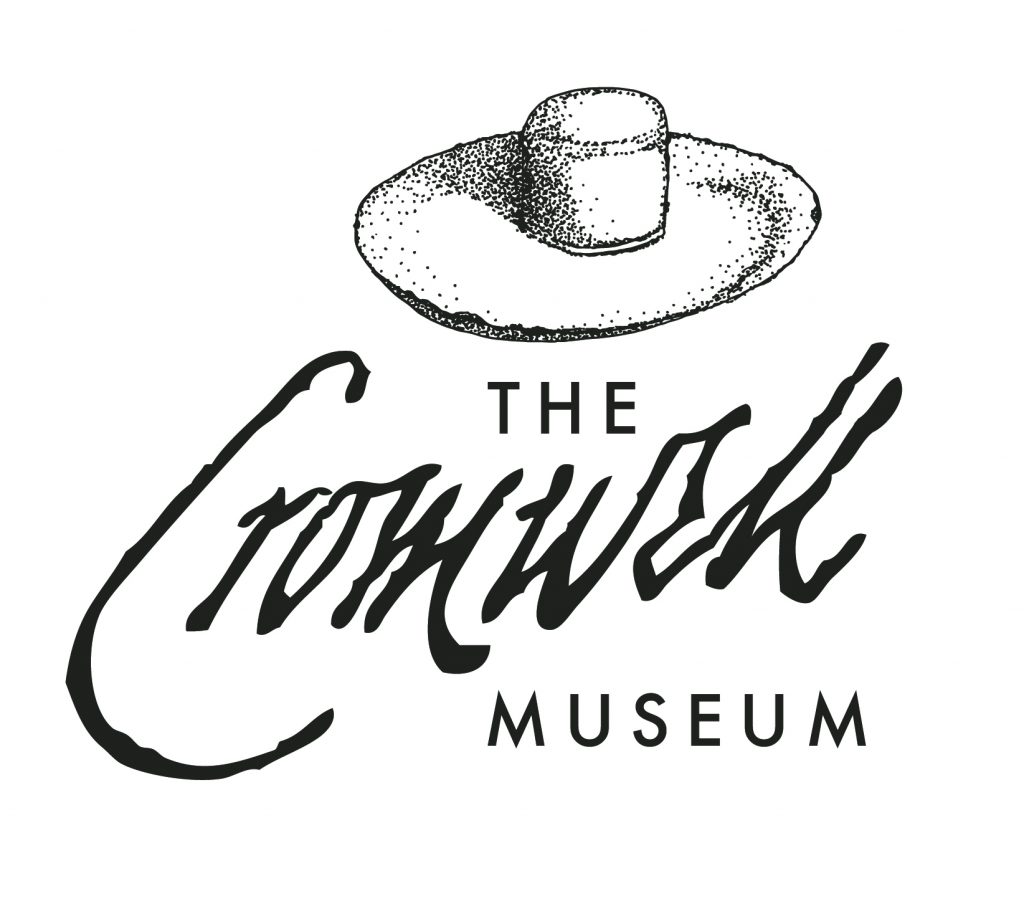
Cromwell Museum Workshop Wednesdays: Discover Archaeology
August 18, 2022Cromwell Museum Workshop Wednesdays Discover Archaeology Wednesday 24 August 2022, 12:00 – 16:00 Admission: £FREE Location: Huntingdon Town Hall and Market Square Explore archaeology in this jam-packed afternoon! Take part in drop-in activities, an archaeology workshop, and a talk by a real archaeozoologist about what they found while excavating the…
Read More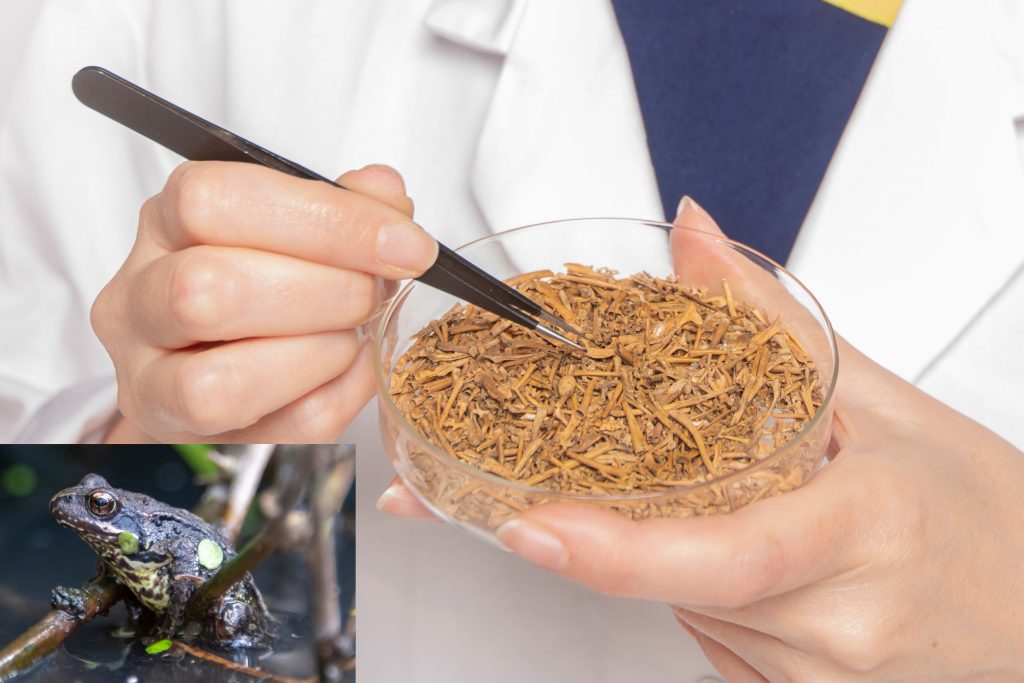
Murder they croaked? Investigating a prehistoric frog mystery on the A14
July 8, 2022Archaeology is not just the study of past human activity. It also looks at the animals that inhabited ancient landscapes. During excavations on the National Highways A14 Cambridge to Huntingdon Road Improvement Scheme we retrieved more than four tonnes of animal bones, which we are now studying in detail. Our…
Read More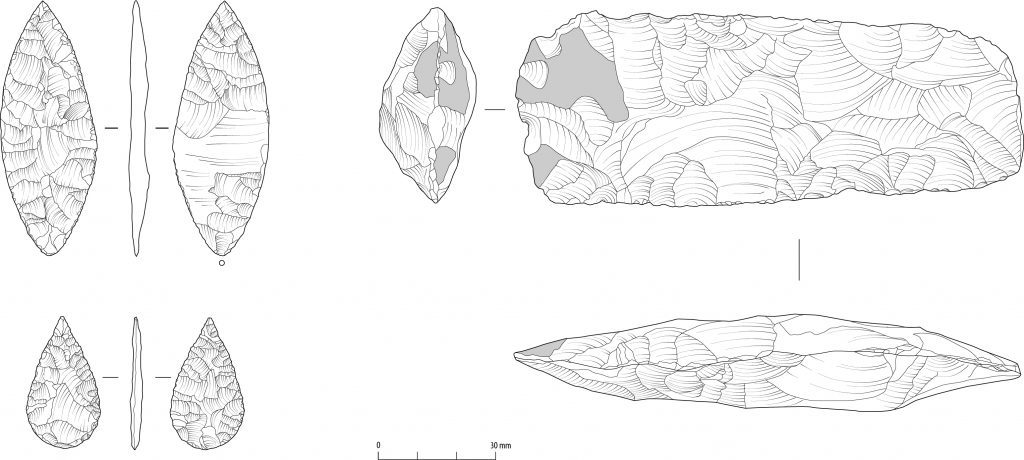
What can stone tools tell us about prehistoric lives on the A14?
April 29, 2022The further we travel back in time, the harder it becomes to read the traces left by our ancestors. While we have a wide variety of objects, buildings, and even written materials dating to our recent past, not as much survives from the Stone Age (c. 500,000-2200 BC). We have…
Read More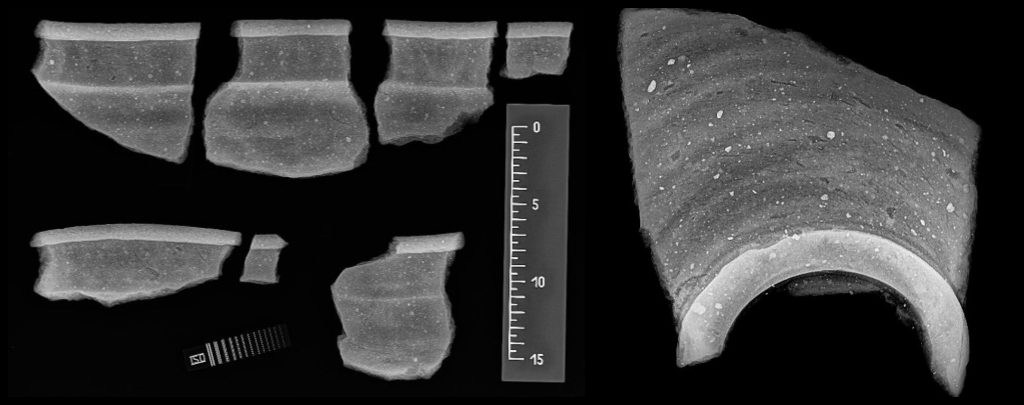
X-rays grant vision into the past – What we found out X-raying ancient pottery from the A14 (and why we did it)
February 24, 2022Excavations on the National Highways A14 Cambridge to Huntingdon Road Improvement Scheme may be complete, but we’re continuing to study the incredible amount of finds unearthed. Now, when you think about X-rays you probably imagine hospitals and airport security rather than archaeology and ancient pots. However, recently more than 100…
Read More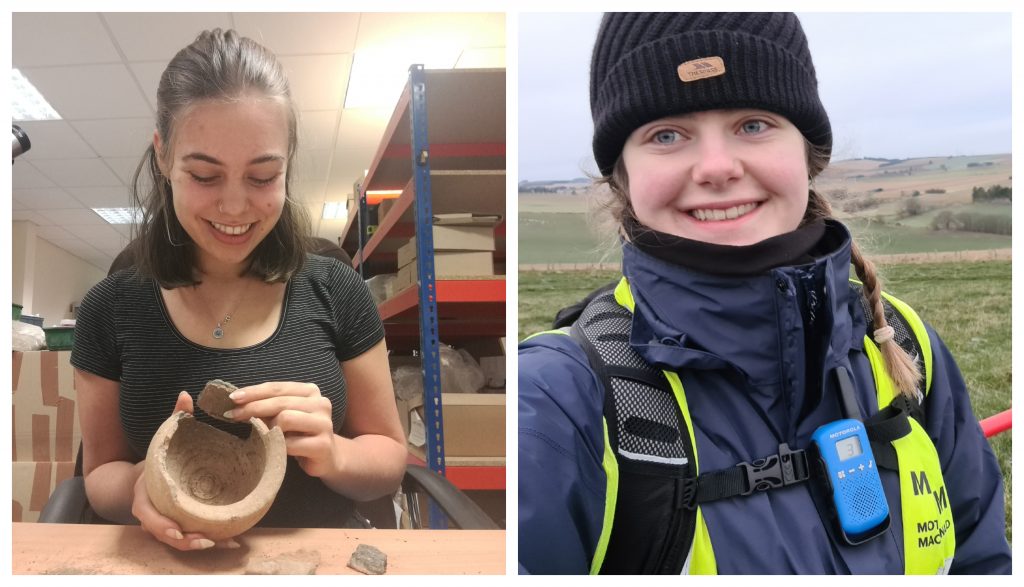
Pots and metals along the A14 – Masters students reflect on their National Highways and MOLA Headland studentship
January 6, 2022Back in 2020, Jemma Moorhouse and Lanah Hewson were each awarded an MA Scholarship funded by National Highways at Reading University. This included a placement to work with MOLA Headland on the archaeological excavations that formed part of the A14 Cambridge to Huntingdon Road Improvement Scheme. Having now completed their…
Read More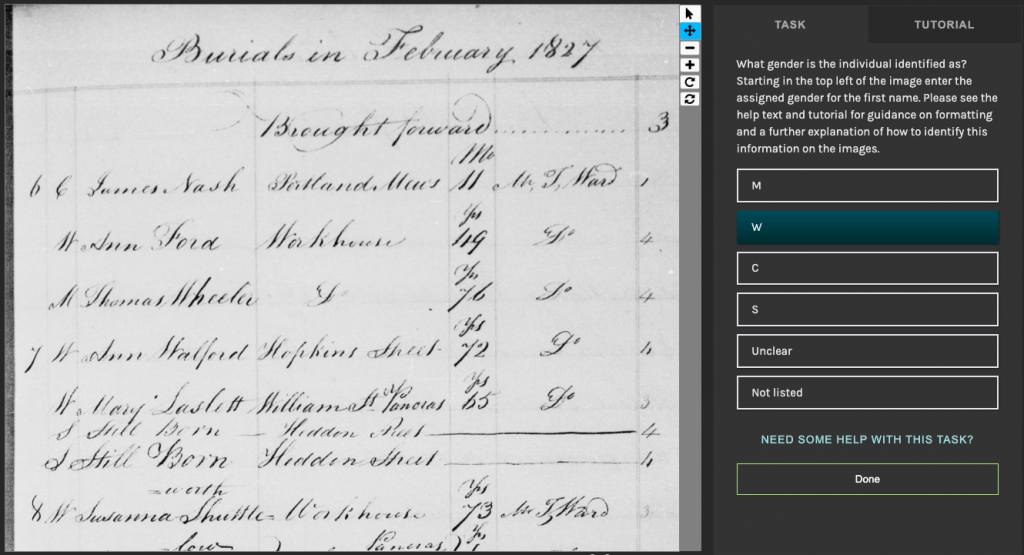
Become a citizen scientist and unlock the stories of St James’s Burial Ground
August 24, 2021As part of our work on High Speed 2, we are inviting people to take part in a huge citizen science project – digitising 57,639 burial records that hold key details about the lives of Londoners in the 18th- and 19th-century. Anyone can take part via the Stories of St James’s…
Read More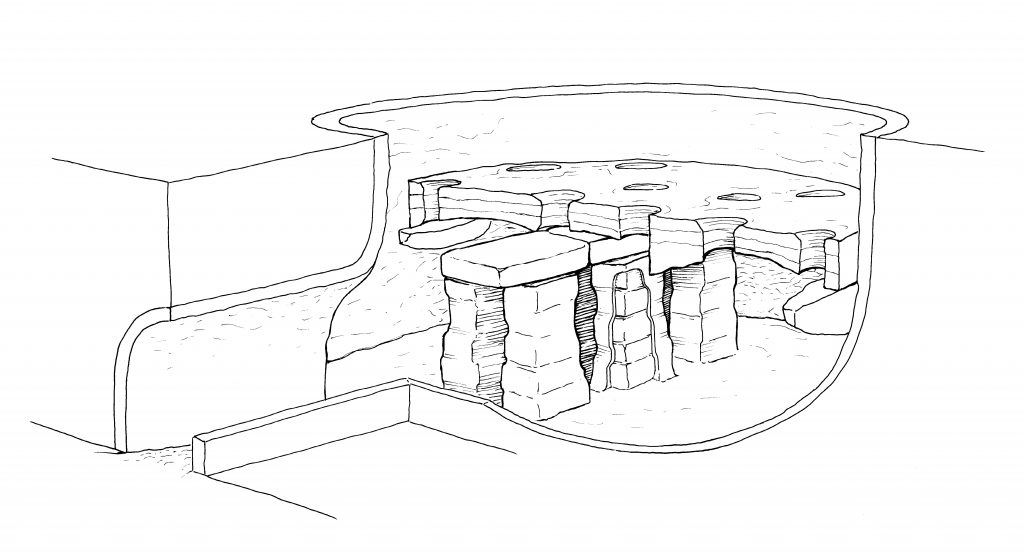
‘What have the Romans ever done for us?’: the Roman Ceramic Revolution in Cambridgeshire
March 18, 2021The numerous archaeological surveys we have carried out on the A14 Cambridge to Huntingdon improvement scheme have revealed a huge range of archaeology, dating from the earliest hunter-gatherers to the Second World War. Most recently, excavations by MOLA Headland Infrastructure have revealed new insights into the Roman Ceramic Revolution in…
Read More